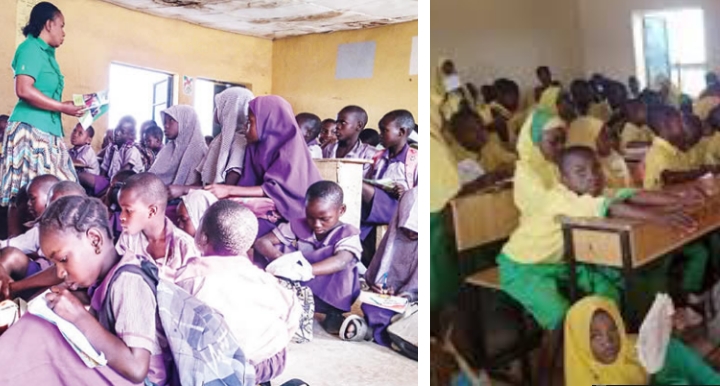Shettima Warns: Nigeria’s Public Schools Must Not Collapse
Vice President Kashim Shettima emphasized the critical importance of preserving Nigeria’s public education system, warning that future generations will judge current leaders harshly if these institutions are allowed to deteriorate. Speaking at the inauguration of projects at the Federal University of Wukari in Taraba State, Shettima underscored the government’s commitment to revitalizing public schools and ensuring accessible, quality education for all Nigerian children.
Shettima highlighted the alarming number of out-of-school children, particularly in the northern region, describing the situation as “frightening.” He called for immediate and targeted actions to address this crisis, with a focus on prioritizing education for the girl-child.
According to a 2020 UNICEF report, girls constitute over 60% of the out-of-school population, a problem exacerbated by barriers such as insecurity and economic disadvantages, especially in rural conflict-affected areas.
The Vice President also addressed the issue of teachers abandoning their posts, which has been a persistent challenge in certain regions. He recounted an unscheduled visit to Lamisula Primary and Junior Secondary School in Maiduguri, where he observed a significant number of teachers absent from their duties.
This incident underscores the need for improved oversight and accountability within the educational sector to ensure that educators fulfill their responsibilities.
Shettima’s remarks come in the context of ongoing concerns about the state of Nigeria’s educational infrastructure. Building collapses have been reported, with over 20 children losing their lives in a sudden school collapse seven months ago. Such tragedies highlight the urgent need for stringent regulations and the use of standard construction materials to prevent future incidents.
In his speech, Shettima reiterated the administration’s dedication to implementing policies that will strengthen public schools, enhance teacher training, and create a conducive learning environment. He stressed that the success of these initiatives requires collaboration between federal and state governments, communities, and other stakeholders to address the multifaceted challenges facing Nigeria’s education system.
The Vice President’s call to action serves as a reminder of the collective responsibility to safeguard the future of Nigeria’s youth through a robust and equitable public education system. As the government embarks on these reforms, the active participation and support of all sectors of society will be crucial in ensuring that public schools not only survive but thrive, providing quality education to every Nigerian child.

